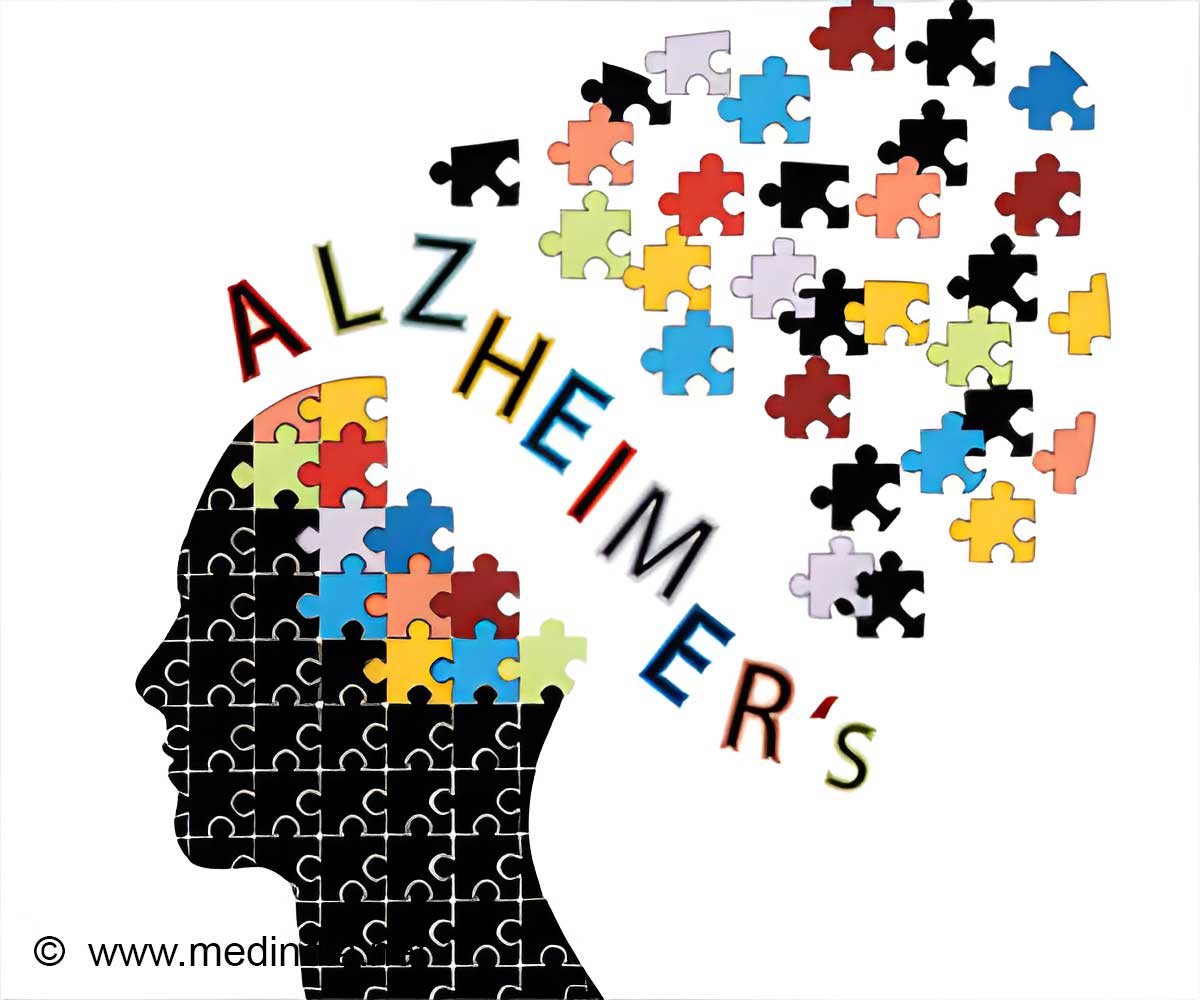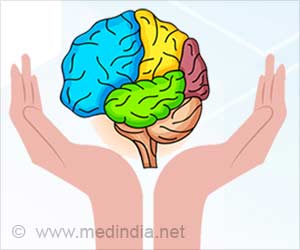Alzheimer's disease-related memory loss and brain lesions can be reversed by a novel drug, finds a new study.

‘A novel drug may help reduce cognitive impairment and brain lesions in Alzheimer¡¦s disease condition by inhibiting the Caspase-1 enzyme.’





For years, Dr. LeBlanc, Senior Investigator at the LDI and Professor of Neurology and Neurosurgery at McGill University, has strived to identify early neurodegenerative events responsible for age-related memory loss. Her team discovered that the Caspase-6 enzyme is highly activated in Alzheimer disease brain lesions and associated with loss of memory. She, therefore, pursued the hypothesis that stopping Caspase-6 might provide relief from memory loss and stop progressive dementia. Since there are no specific Caspase-6 inhibitors, the LeBlanc team moved upstream, ultimately discovering that Caspase-1 was responsible for activating Caspase-6.
"This was a significant revelation because Caspase-1 inhibitors had been developed for treating inflammatory diseases," explains Dr. LeBlanc. "Thus, we decided to test the effects of a particular Caspase-1 inhibitor, called VX-765, against memory loss and brain pathologies in a mouse model of Alzheimer disease."
The work, first authored by Dr. Joseph Flores, a research associate in the LeBlanc lab, showed that VX-765 has an unprecedented beneficial effect in Alzheimer mice. The drug rapidly reverses memory loss, eliminates inflammation, and stops Alzheimer’s prototypical amyloid peptide accumulation in the mice brains. In addition to being safe for humans at relatively high doses for extended periods of time, it is capable of reaching the brain, a significant challenge in the development of drugs against disorders of the brain.
While Dr. LeBlanc cautions that there is a considerable bridge to cross between the mouse brain and that of a human, she believes that since her work has first identified the Caspase-1/Caspase-6 neurodegenerative pathway in human neurons and human Alzheimer brains, there is a chance that this drug will work just as well in humans as it did in mice. Nevertheless, a clinical trial is needed to determine whether the drug will be beneficial against Alzheimer disease in humans.
Advertisement
Source-Eurekalert










